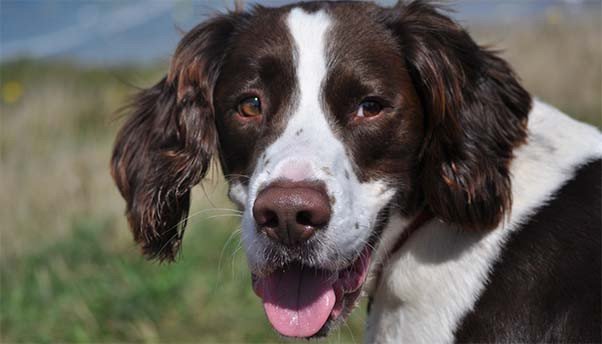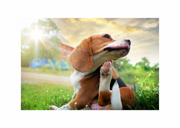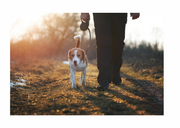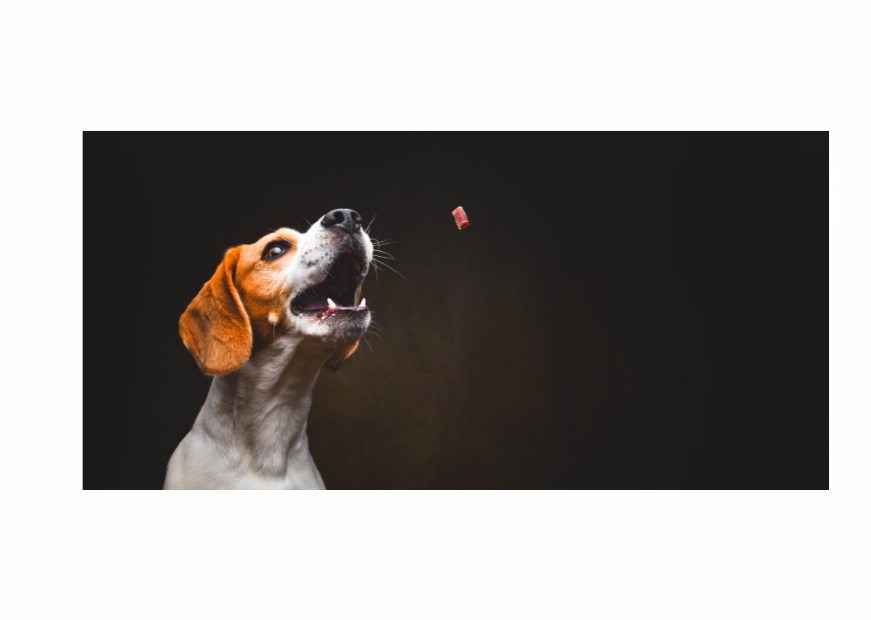Supporting a Dog with Doggy Dementia
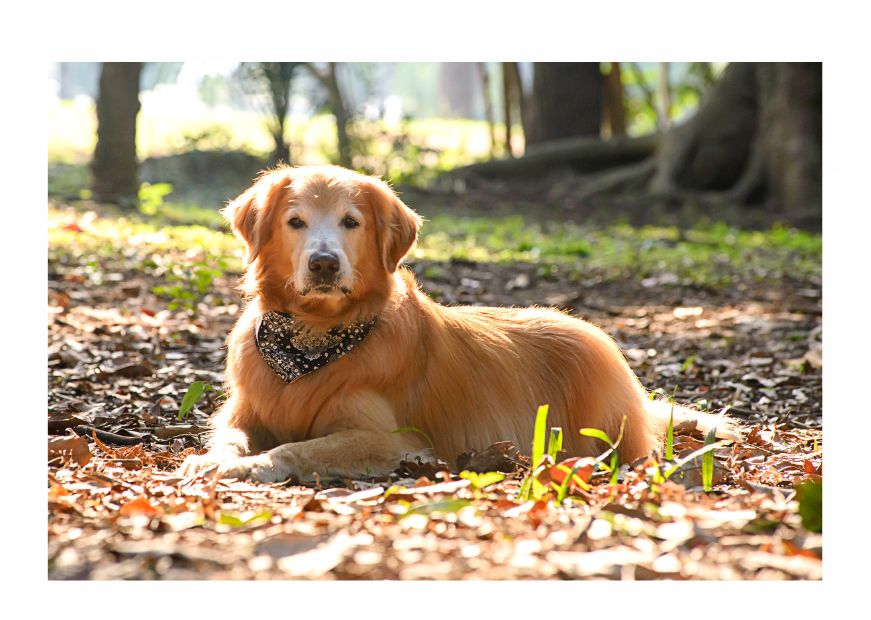
As our Feeding a Senior Dog blog article explains, it is never too late to start feeding a fresh diet. Even if you choose to provide a lightly cooked version to your older dog, this can make all the difference to them.
A change to fresh food would be the most vital aspect of preventing or managing CCD because a fresh diet provides more bio-available amounts of the much-needed nutrients the brain and all your dog’s body needs. Nutrients such as the essential fatty acids EPA & DHA from omega 3, the B vitamin spectrum, vitamin E and further antioxidants such as vitamins A and C. Many guardians report anecdotally that there is a positive change and reduction of symptoms with a switch to fresh wholefoods.
To upgrade an existing fresh, raw diet opt for good amounts of oily fish, beef, liver, leafy greens (steamed or blitzed) and eggs (cooked or raw) in your dog’s diet to provide these nutrients.
CCD has been linked to inflammation in the body and an imbalance of microbiome gut bacteria. Both of these can be improved, often dramatically in some dogs, by a switch to a fresh food diet. Inflammation is great friends with refined grains such as rice, cereals and sugars as well as the type of fatty acids created when a food is processed with heat in a can or to create a dry kibble.
Studies have shown that by adding just 20% fresh food to a dog’s daily food bowl, significant changes can occur to their health and inflammatory markers.
The wonder of bone broth has a positive effect on brain health too (see our blog for more information). The useful collagen, amino acids and its ability to balance the digestive system, really support the link between neurotransmitters and the digestive system. Neurotransmitters are sent up from the gut to your dog’s brain, and the better the balance, the easier their aging process will be. Most senior dogs adore bone broth, and even when added to dry food, it can be a truly wonderful addition for their happiness and health.
Having access to a raw meaty bone to chew on can alleviate any stress your dog may feel at this time, but be careful to provide bones that a senior dog’s teeth are best suited to such as ribs, necks or carcass. At this stage in life marrow bones and knuckle bones may be too hard for a senior dog’s teeth to cope with safely. (You are welcome to read our raw meaty bones blogs for more information).
Finally - you may come across supplements offering support for doggy dementia too. Do check the ingredients as it may well be that your new dietary additions are providing these in abundance already. As we often say here at The Farmer’s Dog, nothing beats the fresh approach.
